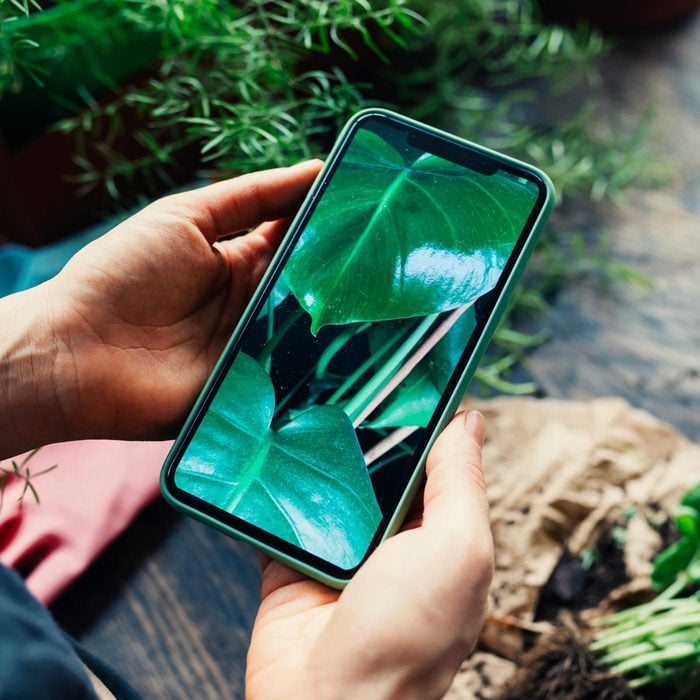If you've ever wondered which plants are growing in your backyard, these apps are for you.
The Best Plant Identification Apps

PlantNet
The New York Times Wirecutter and CNN Underscored rank PlantNet as the best plant identification app for most users.
Described by the manufacturer as a “citizen science project,” the app uses a computer algorithm that collects knowledge from users all around the world to identify plants and trees.
Its searchable database contains more than 45 floras and 46,050 species of plant, and its accurate, near-instant identifications can be further improved with GPS location sharing. However, its IDs are relatively minimal, and it’s difficult to share IDs directly with other people.
Pros: Free, easy to use, accurate, fast, no ads, available in 45 languages.
Cons: Not much background information on plants, harder to share IDs.
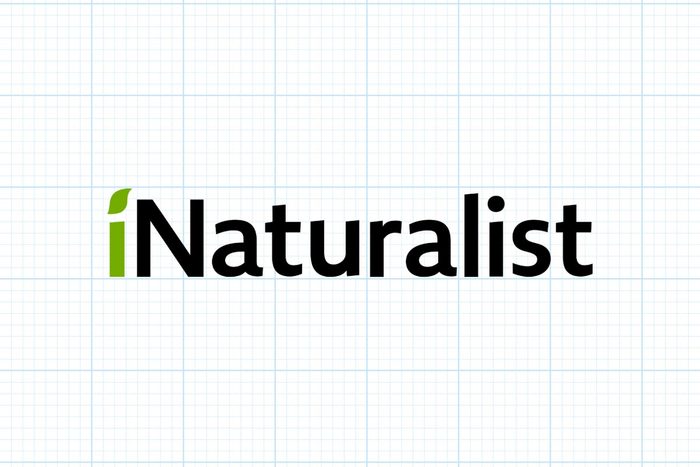
iNaturalist
Wirecutter highlights iNaturalist as the best for amateur or professional naturalists who hope to share their findings with others. However, they found it to be less accurate and more difficult to use than PlantNet.
Still, the slightly higher workload may be worth it for teachers, pro gardeners and other educators who need to share their identifications.
Pros: Free, fast, easy ID sharing.
Cons: Lessened accuracy, slight user difficulty.
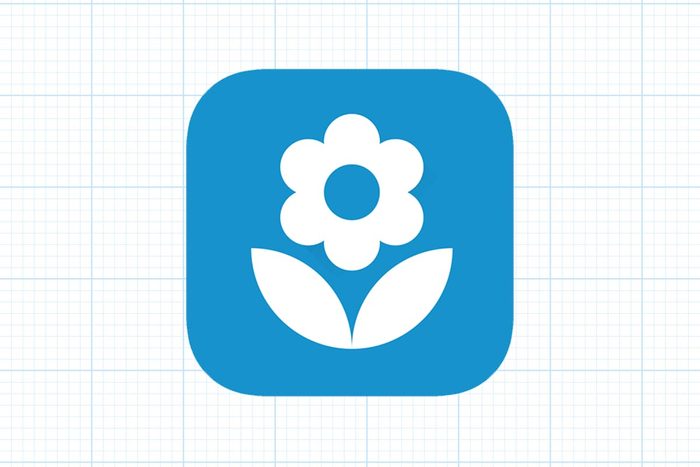
FlowerChecker
While PlantNet and iNaturalist specialize in flowers and plants, FlowerChecker allows curious users to identify moss, lichens and fungi. Additionally, its identifications come from professional botanists, not app users.
These botanists will provide the genus, species and name of the plant, as well as their certainty level for the ID. But the app charges $1 per identification, the experts are never identified and their response time varies.
Pros: Free to download; easy to use; accurate; includes moss, lichen and fungi identifications.
Cons: $1 fee per ID, no credentials given for experts, unpredictable response time (up to one day).
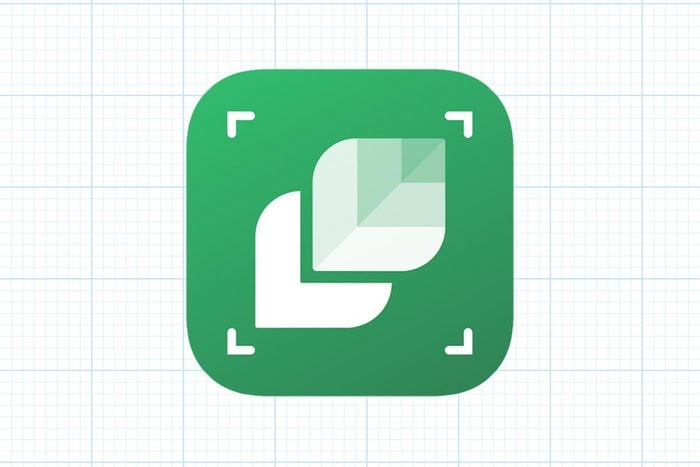
LeafSnap Premium
LeafSnap Premium offers users more in-depth information than other apps. Like PlantNet, it features a searchable database of more than 32,000 plant species. But it comes with an advanced function that can identify an entire plant from just one leaf, and a diagnostics feature that can teach you how to heal unhappy plants.
These functions make it particularly well-suited for pet or plant parents. It’s easy to discover if the leaf your cat ate came from a poisonous plant, or if you’re under-watering your favorite ficus. All these swanky add-ons will cost you $5 per month or $26 per year.
Pros: Easy to use, accurate, fast, available in 23 languages, includes diagnostics feature.
Cons: Costs $5/month or $26/year.
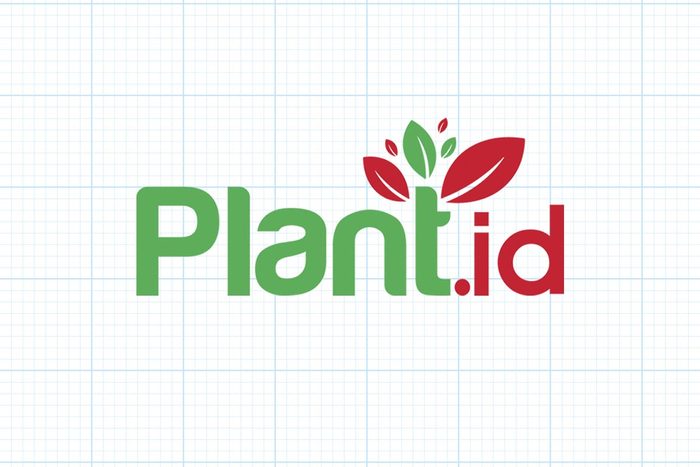
Plant ID
Like FlowerChecker, Plant ID can identify more than just plants — it does rocks, too! But it’s no slouch for plants either; its database includes more than 12,000 varieties of flowers, trees, bushes, lichens and fungi.
It also can help users determine if a plant is sick with its health assessment feature, which can identify up to 100 plant diseases. It only offers a three-day trial period, though, so users must decide fast if it’s worth it.
Pros: Easy to use, accurate, includes rock identification, can identify plant diseases.
Cons: $10/month fee, three-day trial period.





















